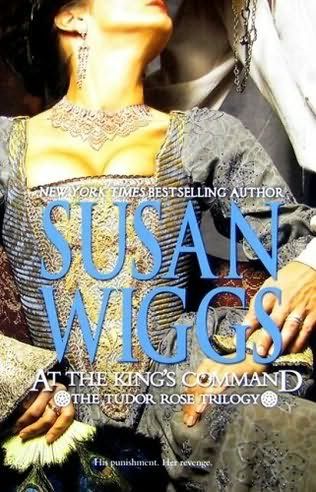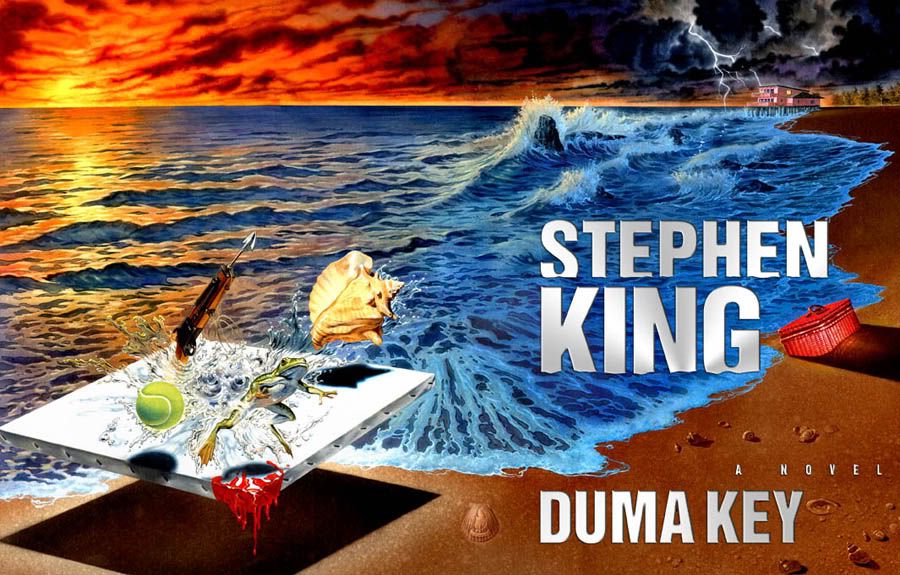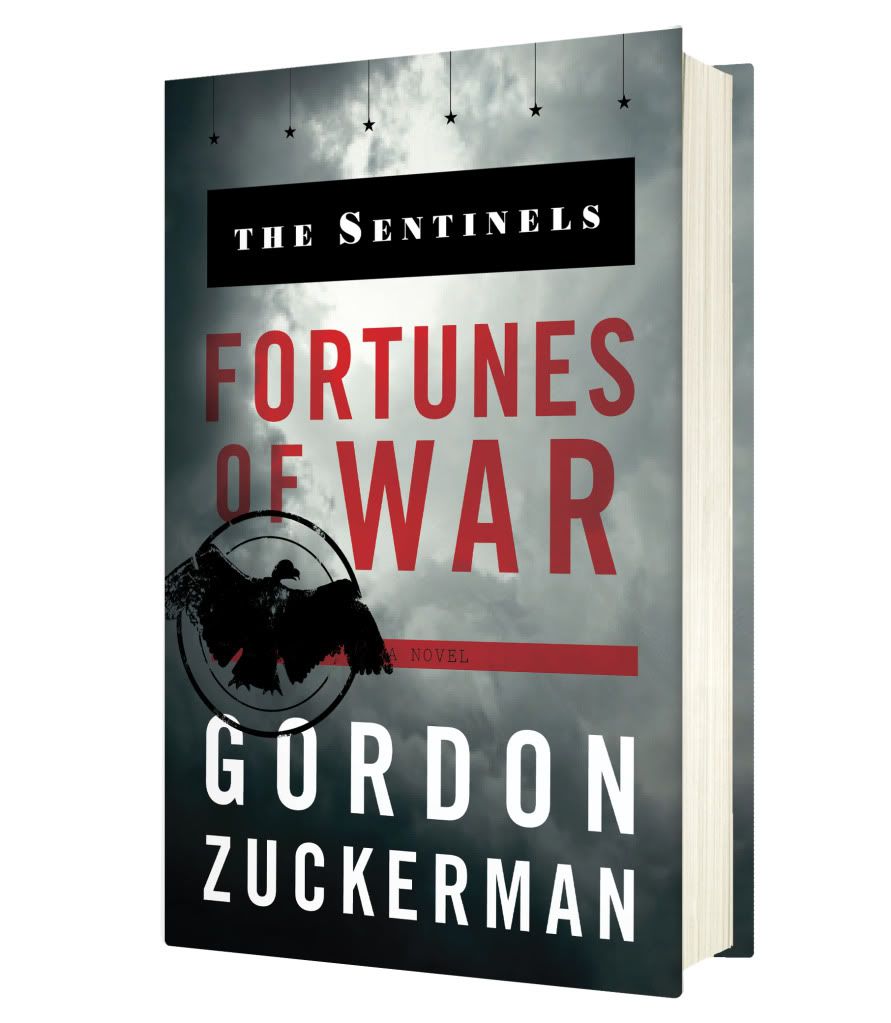
At the King's Command
(The Tudor Rose Trilogy, Book 1)
by Susan Wiggs
(The Tudor Rose Trilogy, Book 1)
by Susan Wiggs
Cover: I like. Generic, but pleasing. Headless woman strikes again! What cover will she appear on next?!?
Summary: Juliana Romanov is a young girl when she witnesses her family's murder at the hands of treacherous aristocrats. She was princess of Novgorod, and now she is nothing; if she wants to keep her life, she'll have to go on the run. Fleeing with a band of loyal gypsies and her dog Pavlo, she sets out for territories unknown.
We jump forward in time to catch Henry VIII, king of England, in bed with Stephen de Lacey's intended. Stephen, baron of Wimberleigh, has had enough of the hypocrisies of the Tudor court, and doesn't hold back from mouthing off to the most frivolous king of the age. Luckily for him, the king is in a magnanimous mood, and only commands that Stephen get himself re-married as quickly as possible. Unluckily for him, the king assures that Stephen get himself re-married that day, to the first eligible woman he sees: a gypsy stealing his horse.
Of course, the gypsy is none other than Juliana, forced into exiled poverty, having finally made it to England to beg King Henry's help in righting the evils done her family. She never counted that no one would believe her to be the daughter of a Russian lord, however, and so she finds herself carted off to be the bride of the reluctant Stephen at his home in the country.
Stephen can only count the days or weeks until he can be rid of the upstart gypsy girl and continue mourning his dead wife. Juliana is determined to free herself from this unwanted marriage and continue pursuing justice. But perhaps the two of them can find strength and hope within each other...
My Review: This historical romance follows the classic Pygmalion storyline: a wealthy, stuck-up gentleman must prove himself by taming a half-wild girl. There is a makeover. There are lessons on how to behave in society. There is no singing, but there is gypsy dancing, so...
I really liked the pacing and characterization of this book; I think they set it apart from the typical romance novel. While there is an enormous leap forward in time, of which we never learn much, it takes a significant amount of time and development for Juliana and Stephen to discover that they are each others' perfect matches.
And that isn't to say that they start out as perfect lovers. Stephen must overcome his introversion; his natural inclination is to keep all his sorrows and shames to himself. I don't know whether that is a result of the fact that he feels entirely alone since his wife's death, or that he maintains an old guilt complex. It's probably a mixture. He keeps himself from becoming attached to Juliana not because she is uncouth, which is what he tells himself, but rather because he is afraid to love someone. He's not sure he deserves the happiness of a good marriage again. He's nothing special; why should he get two lovely marriages when he has only ever done the wrong thing? He also hides an enormous secret, which we don't discover until well-into the novel, that explains a lot of his brash behavior.
Juliana, on the other hand, must to a certain extent give up on her inimitable drive for justice. She is so caught up in getting what is her due that she finds she must slow down and take the time to help others before she can help herself. As the years pass she loses sense of who she truly is. She can't figure out where she belongs: in a royal court of Russia, with a roving band of gypsies, or settled in this bedeviling lord's home.
It takes time and individual will for the two to come together. Neither one is able to change the other; change must come from within. They must choose each other. And, of course, the ending is entirely satisfying.
The two protagonists are definitely people of their time. While Juliana is spunky and willful, it is as a gypsy that she became so, not as a court lady. Stephen treats his wife, and women in general, as a Tudor man might have done. Though Henry VIII's fictional command to Stephen was outrageous, we can possibly believe that something of the like could have happened, especially later on in the monarch's life.
There were a few instances of weird description that had me smiling. "Clever laces" and "rosy bosom"... so Stephen's dressing laces are members of Mensa, and Juliana has rosacea?
There was some questionable historical content, as well. I don't know how likely it was that a Russian noble lady would be perfectly fluent in English and understand English court customs. This novel takes place, after all, more than 100 years before Peter the Great idolized Western culture and modernized Russia into a unified, powerful empire. She more than likely would know nothing of England, from what I understand of the situation.
Still, this was a thoughtful and charming romance. I think I will keep an eye out for the sequels coming out in the future.
Buy this book on Amazon
Visit the author's website
Note: This is a reprint from the original, known as Circle in the Water, published in 1994. The final two books in the trilogy are slated to come out in September and October of this year.










